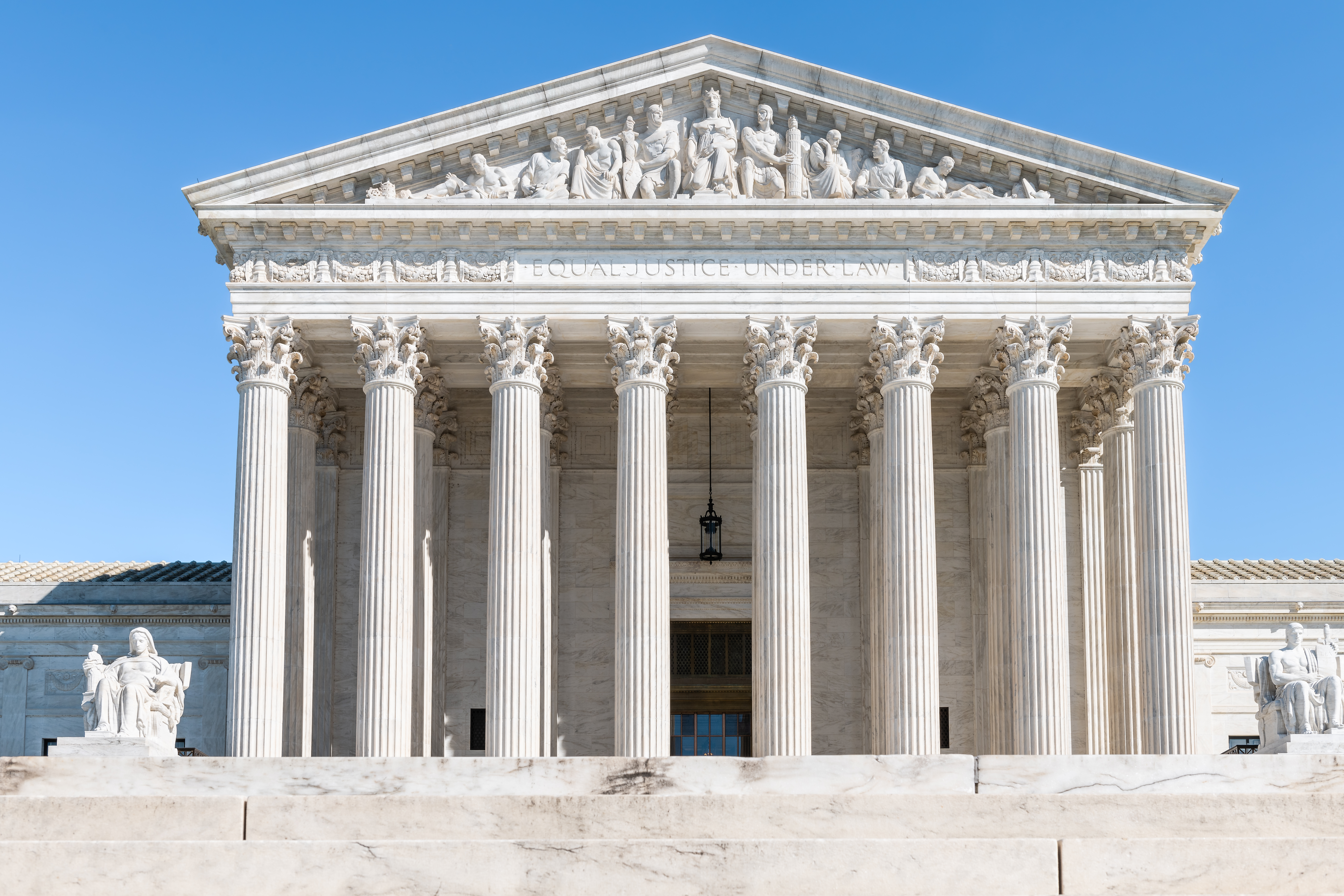The FTC Veers Wildly Out of Its Lane in Comments on Copyright and Artificial Intelligence

Earlier this month, the Federal Trade Commission (FTC) filed a bewildering set of comments in response to the Copyright Office’s notice of inquiry (NOI) on copyright and artificial intelligence (AI). The FTC, of course, has no jurisdiction over copyright, and evidently less expertise. Nonetheless, because the FTC is one of the lead agencies regulating the tech industry, its comments deserve close scrutiny.
Almost half of the FTC’s filing is devoted to the FTC’s interest in AI generally. It is unclear why the FTC felt the need to assert this in such detail in the context of a response to an NOI specifically targeting copyright issues relating to AI.
When the FTC finally does address copyright and AI-generated content (in a section barely a page long), it states that such content may unfairly harm creators’ ability to compete, and may deceive consumers when they think a work has been created by a particular musician or other artist, but it has been generated by someone else using an AI tool.
The consumer deception issue is a completely legitimate concern that is within the FTC’s area of expertise. But other than stating its concern, the FTC offers no analysis nor solutions. It does not state what it believes its role should be in addressing these “deep fakes,” and whether it thinks section 5 of the FTC Act provides it with a sufficient tool. Nor does it respond to any of the five questions the Copyright Office asked about this issue in its NOI.
More problematic are the FTC’s statements regarding training. The FTC assumes, without evidence, that generative AI will cause harm to the creators whose works were included in training databases. The FTC further assumes that the scraping of training data should trigger liability. The discussion reflects no awareness of the policies underlying copyright: that copyright is a monopoly granted by the government to authors only for the purpose of providing them with an economic incentive to create works for public benefit; and that this monopoly contains important limitations to ensure that the public receives that benefit. Among these limitations is fair use, which the Supreme Court recognized in Google v. Oracle is essential to promoting competition. Rather than understanding the pro-competitive nature of fair use, the FTC implies that it encourages unfair competition.
While the FTC appears skeptical of the position that the unauthorized ingestion of training data can be lawful, it also is troubled by the ability of large tech firms to “obtain exclusive licenses to copyrighted (or otherwise proprietary) training data, potentially further entrenching the market power of these dominant firms.” In the FTC’s view, AI firms are damned if they do and damned if they don’t. If they collect training data without authorization, they are engaging in unfair competition. But if they license the training data, they are entrenching their market power. Fair use is the obvious way out of this conundrum, yet the FTC stresses that “conduct that may be consistent with the copyright laws nevertheless may violate Section 5,” citing an 86-year old case where one firm deceptively used another firm’s trade name in its advertising.
The final section of the FTC comments contains a summary of a roundtable it convened on the creative economy and generative AI. The FTC appended the transcript of the roundtable “to assist the Copyright Office in assessing the harms generative AI systems pose to creative professionals.” Putting aside the appropriateness of the FTC convening this roundtable in the first place, it did surface one issue that could benefit from further FTC attention. The summary refers to “great power imbalances” and “certain creative professionals” being “particularly vulnerable to exploitation…especially those who lack awareness or leverage in negotiating contract terms or the resources to enforce their rights.”
While these statements are made in the specific context of generative AI, they apply throughout the creative economy. There is a great power imbalance between individual creators on the one side and content industry intermediaries such as publishers and record labels on the other. The individual creators lack awareness or leverage in negotiating contract terms with multinational corporations. Indeed, as the summary notes, “many creative professionals do not own the rights to the works they create.” Rather than concern itself with the highly speculative future impact generative AI may have on creative professionals, the FTC should examine the ongoing exploitation of creative professionals by these legacy distributors.








